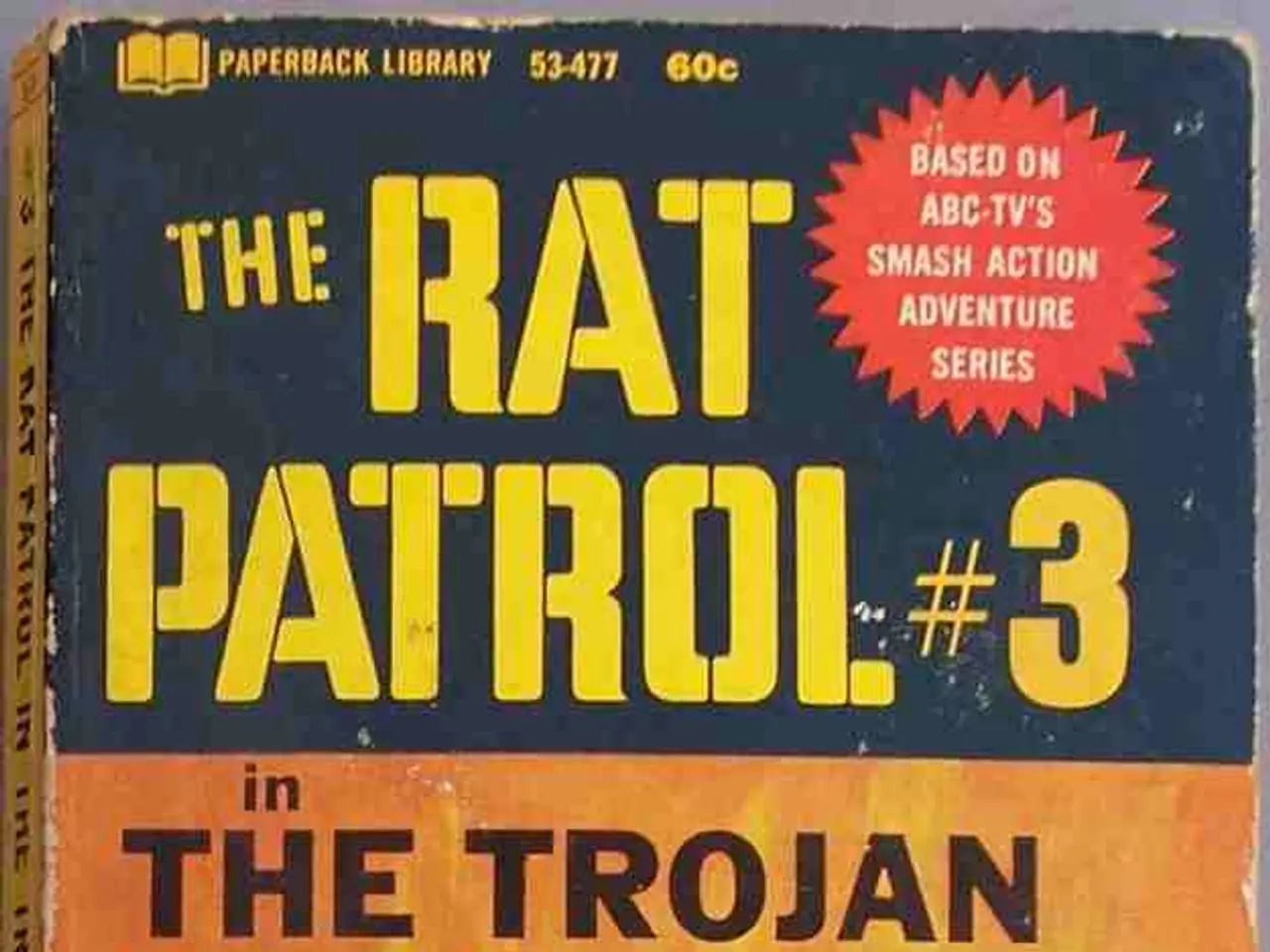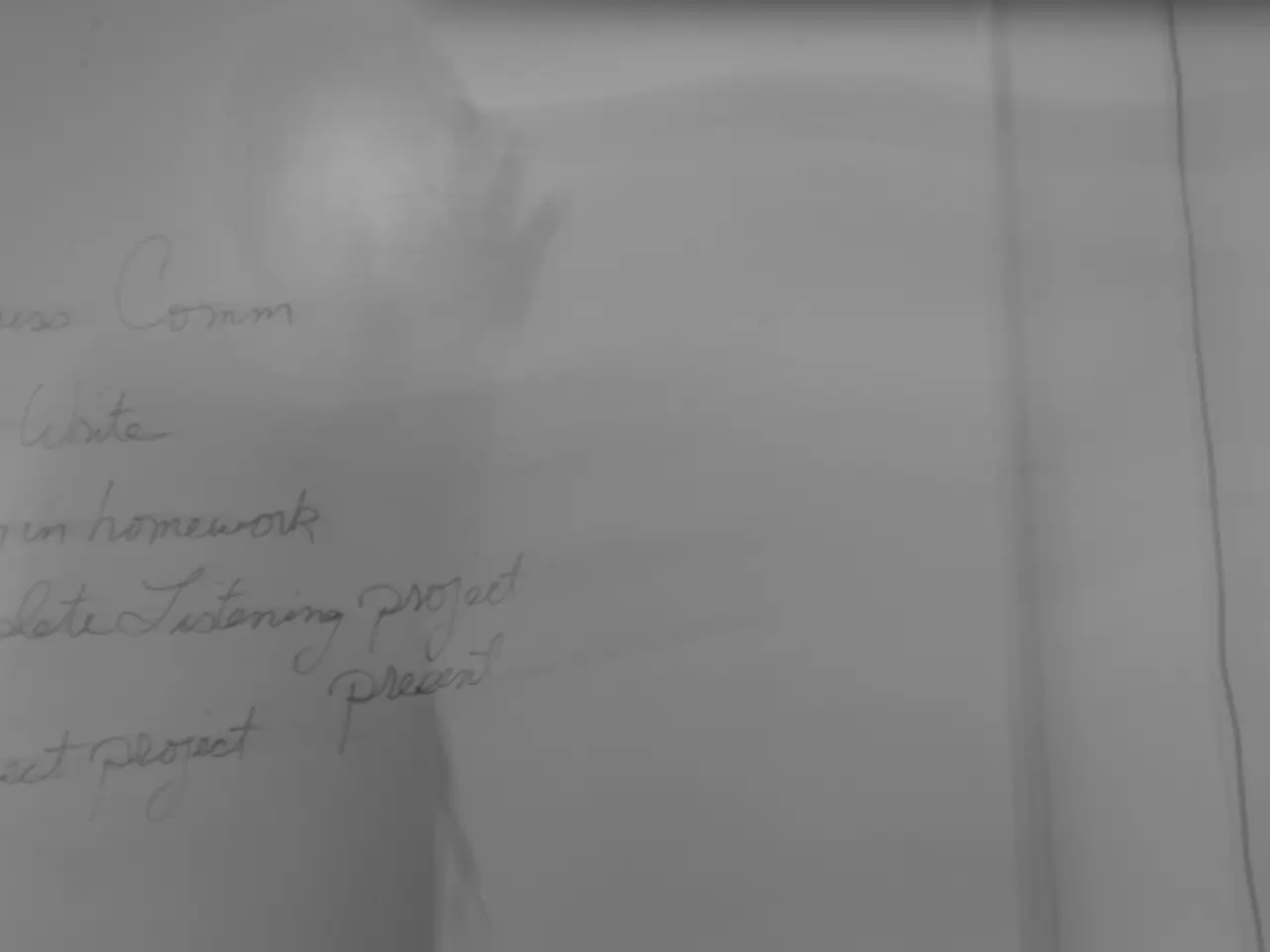Presidential authority is proposed to be strengthened under the Unitary Executive Theory
In a series of recent decisions, the Supreme Court has signaled a potential shift in the balance of power between the executive and legislative branches, with some justices expressing a leaning towards the unitary executive theory. This constitutional doctrine asserts that all executive power is vested exclusively in the President of the United States.
Origins and Evolution
The unitary executive theory can be traced back to the debates during the 1787 Constitutional Convention, where the framers decided on the structure of the executive. The theory finds its roots in the Vesting Clause of the U.S. Constitution, which grants the executive power to the President. The theory holds that the President holds absolute control over the entire executive branch, including independent federal agencies, implying that these agencies and their officials cannot exercise independence from presidential control.
The theory draws philosophical inspiration from Enlightenment thinkers like John Locke, who argued for the executive's need for certain discretionary powers for practical governance.
Impact and Controversies
Traditionally, the U.S. constitutional system balanced executive power with congressional oversight and judicial review. The unitary executive theory challenges some of these mechanisms by emphasizing unfettered presidential control over the executive branch.
This theory directly challenges the independence of federal agencies, such as the Federal Trade Commission, which are often statutorily protected from removal of their commissioners “without cause.” The Supreme Court’s 1935 Humphrey’s Executor decision upheld limitations on the President’s removal power to maintain agency independence. However, proponents of the unitary executive theory argue the President should have unfettered removal power over these officials.
Since the Reagan Administration, the Supreme Court has increasingly favored a stronger unitary executive view, primarily supported by conservative justices, enhancing presidential authority over executive agencies and their decision-making processes. Critics warn that this theory risks upsetting the constitutional balance of power by turning independent agencies into mere extensions of the President, potentially centralizing excessive power in the executive branch and eroding agency impartiality and expertise.
Current Controversies
Under recent administrations, including President Trump’s, this theory has been invoked in disputes over firing independent agency officials and attempting to exert greater control over agencies traditionally seen as insulated from direct presidential influence. Dissenting voices in the Supreme Court and legal scholarship express concern that expanded presidential power under this theory could effectively undermine the separation of powers and lead to authoritarian tendencies.
John Yoo, a legal scholar at the University of California, Berkeley and the University of Texas, is a prominent supporter of the unitary executive theory. Yoo believes that the president's authority has eroded too much in recent decades and should be restored. Yoo contends that the ultimate check on a president asserting autocratic powers is the power of impeachment.
However, Yoo does not think Congress can put conditions on the president's ability to fire. Yoo suggests that Congress, as the representative of the people, should take its powers back and become more responsible. Yoo acknowledges that Congress is currently subservient to the president.
Recently, the Supreme Court has allowed President Trump to fire members of the Consumer Product Safety Commission, at least temporarily. The decision has sparked debate about the extent of presidential power and the balance of power among the branches of the U.S. government.
- The unitary executive theory, which asserts that all executive power is vested exclusively in the President, has been a topic of controversy in the realm of policy-and-legislation, particularly in discussions about government structure and the balance of power between the executive and legislative branches.
- The 1787 Constitutional Convention played a significant role in the origins of the unitary executive theory, with the framers deciding on the structure of the executive, and the theory finding its roots in the Vesting Clause of the U.S. Constitution.
- The debate surrounding the unitary executive theory has been a staple in general-news and politics, with scholars like John Yoo advocating for a stronger president's control and critics warning that such a theory could upset the constitutional balance of power, potentially leading to authoritarian tendencies.








